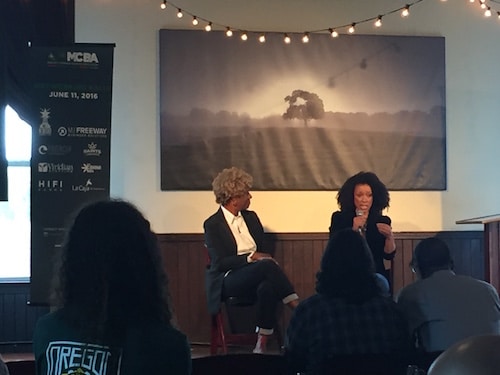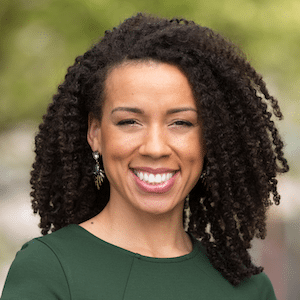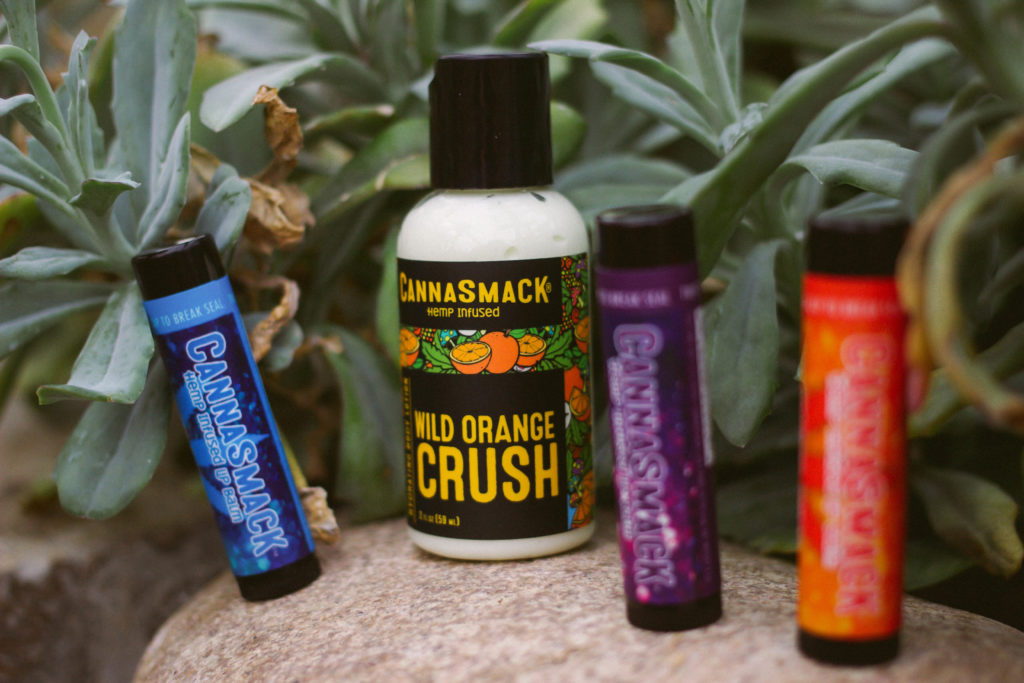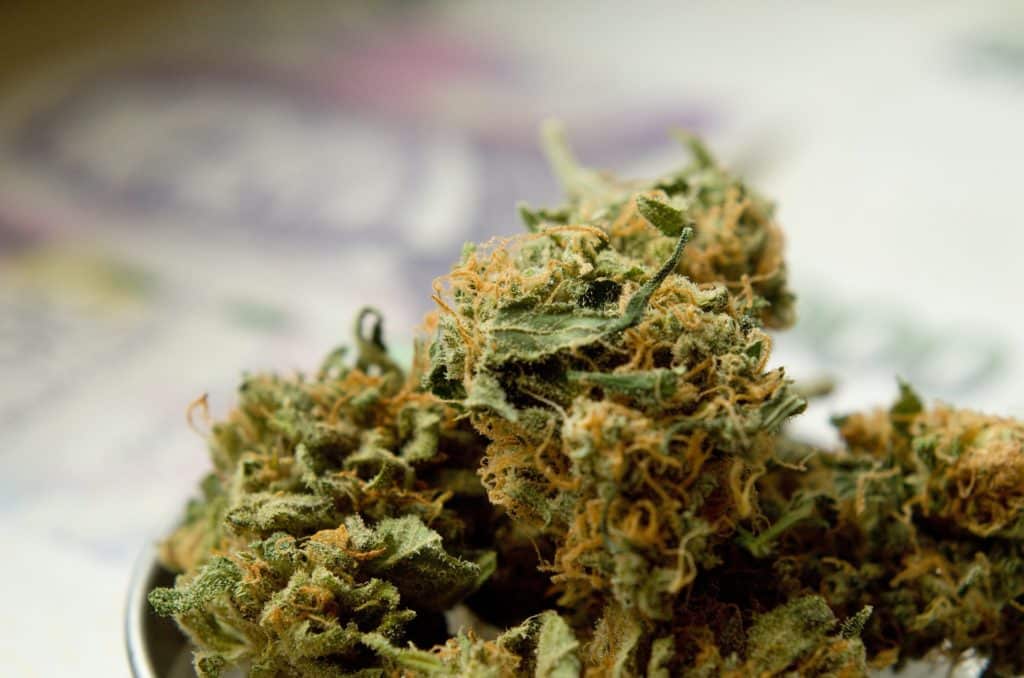Dr. Rachel Knox is one of the more recent canna-super stars in the cannabis law reform movement. With a background in family clinical medicine, she comes from a family of doctors, is the co-founder of Canna MDs, and also serves as the Medical Chair for the Minority Cannabis Business Association.
I have gotten to know Rachel recently and had the honor and privilege to delve deeper into her passion for healing people and thus advocating for this plant which seems to have limitless possibilities in the medical sector.
Thanks to the wealth of knowledge and experience she was willing to share with me, this interview will be coming to you in two parts.
LM: When and why did you begin advocating for the use of medical cannabis?
RK: My curiosity about cannabis medicine was sparked during my Family Medicine residency in North Carolina where any discussion of the topic with attendings was met with the seemingly age-old and erroneous motto: “there’s no evidence.” This didn’t stop me from eventually uncovering the truth, but first a quick backstory.
Due to overwhelming moral incongruencies, I had decided early on in training that I would not pursue a conventional career in medicine. While my colleagues were interviewing for clinical primary care and hospital positions during my final year of residency, I, along with my sister, began planning a private practice in Functional Medicine. Functional Medicine is the practical application of root cause analysis to disease processes as it pertains to lifestyle behaviors and environment, using the practices of detoxification, nutrition, and natural medicine – to name a few – to aid in the process of healing. Being that we were endeavoring to build an essential “start up,” we recognized that we’d need to make an income right away to both finance our practice and begin paying back student loans, and to that end we joined our parents in the practice of authorizing the use of medical cannabis for qualifying patients. Luckily, I grew up in a state where laws reflected an acceptance of cannabis medicine, and to this state I returned.
After my very first day evaluating patients for medical cards, I realized that I would need to be much more than a “rec writer.” Patients were asking me questions about how cannabis worked, what strains they should be looking for, and how they should be using it in general and for specific diseases. They were relying on me to know SOMETHING, as their primary care providers and specialists were consistently failing to support them.
I learned about the history of cannabis and its prohibition, and delved into publications highlighting the endocannabinoid system and evidentiary studies of cannabis as a viable therapeutic alternative. In doing this I experienced a wide range of thoughts and emotions such as fascination, anger, enlightenment, and joy. But most of all, I quickly became invested in sharing the truth about cannabis and advocating on behalf of its sound evidence for the rights of people to access both whole plant cannabis medicine and informed medical counsel.
LM: Why is it important for prohibition states to legalize the use of medical cannabis?
RK: I’d like somebody to articulate why it isn’t important for all states to legalize the use of medical cannabis! They couldn’t, and any attempt would be akin to taking the same hypocritical stance of the DEA or making unsubstantiated and irresponsible erroneous claims about its harm or addictive potential. The truth of the matter is that people are sick, and the majority of conventional medical solutions are not only ineffective, but harmful. While there has been no single death directly caused by cannabis use, conventional medical care amounts to the 3rd leading cause of death in the US. Yes, appropriately administered medical care and the use of prescription drugs as prescribed combines for the 3rd cause of death in our country. In a word: outrageous.
There is ample evidence, both scientifically and clinically, that natural modalities – such as the intentional use of food and botanicals for example – prevent, halt and reverse disease and without harmful side effects or death. Instead of these modalities being underemphasized or unjustly dismissed as quackery, people should have the right to choose from amongst all natural and conventional therapeutic options alike, and states should uphold this right. And this menu needs to include cannabis, a botanical with centuries of prima facie evidence attesting to its safety and effectiveness and several decades-worth of scientific and clinical study that prove it.
What’s more is that cannabis is showing a remarkable breadth of effectiveness across a diverse range of disease profiles. Where conventional medical care is failing population health, there exists a viable alternative. All that’s standing in the way of patient access to cannabis therapy is state and/or federal law.
In states where cannabis medicine has been legalized, the benefits have been measurable. Most notably, there have been steep declines in opiate related overdoses and deaths, and millions of Medicare dollars saved in the prescription drug trade.
This is huge for population health. This is huge for state funded medical programs. But the bottom line is that to deny people access to health, healing and the safe modalities to achieve them is a moral grievance, and states have the authority to change this.

Find Dr. Knox of Facebook & Instagram!





